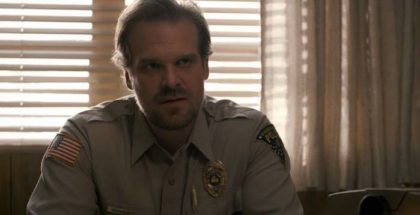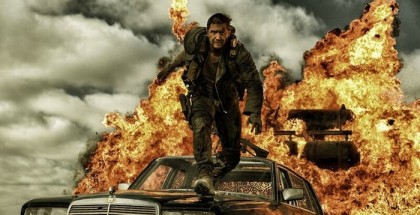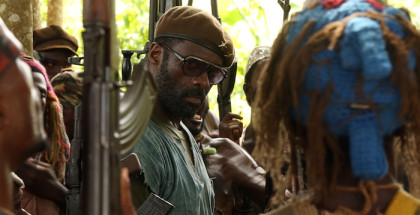Conclave: A flawless, thought-provoking thriller
Review Overview
Cast
10Conversations
10Composition
10VOD News | On 30, Dec 2024
Director: Edward Berger
Cast: Ralph Fiennes, Stanley Tucci, Lucian Msamati, John Lithgow, Sergio Castellitto, Isabella Rossellini, Carlos Diehz
Certificate: 12
“Certainty is the enemy of tolerance.” Those are the wonderfully thought-provoking words of Cardinal Lawrence (Ralph Fiennes) partway through the sage and timely Conclave. Based on the novel by Robert Harris, it whisks us inside the Vatican after the unexpected death of the beloved current Pope. What ensues is an eminently pulpy potboiler, but one that simmers with enough deceptive smarts that it bubbles up into a surprisingly meaty dish.
Lawrence is appointed to manage the conclave of cardinals, who must vote behind closed doors to elect a successor. It’s a solemn responsibility, and the conclave quickly emerges as divided into four factions, with figureheads at the front of each: the forward-thinking liberal Bellini (Stanley Tucci), who is most closely aligned with the previous Pope, the staunch traditionalist Tedesco (Sergio Castellitto), the social conservative Adeyemi (Lucian Msamati), and the moderate Canadian Tremblay (John Lithgow).
It soon becomes apparent that some candidates are more willing than others, and the film’s central tension lies in that push and pull between selfless duty and personal ambition – a tension that the screenplay smartly understands stretches beyond the theological wranglings of the Church. Screenwriter Peter Straughan is no stranger to politics and plotting in secret, having penned Tinker Tailor Soldier Spy and Wolf Hall; he finds both the suspense and the humour in the sometimes alarming and sometimes petty debates and backstabbings. What could be an academic discussion balloons into a full-blooded mess of humankind at its worst.
The cast are impeccable, turning the ensemble of supporting characters into a chamber piece with theatrical flair in the best sense of the word. Stanley Tucci is quietly charismatic as the reluctant heir apparent who struggles under pressure, John Lithgow is brilliantly imperous as a calculating steeple-climber, the always-phenemonal Lucian Msamati is magnetic as a heartfelt outside contender, and Sergio Castellitto is a delight as the vaping, prejudiced, entitled Italian. Lingering in the wings, Isabella Rossellini is intriguing as an observant nun who is meant to be seen and not heard, while Carlos Diehz brings shades of nuance as a cardinal who was ordained in secret in Kabul.
Each person is as conflicted and determined as the next, with a vested interest in the direction that Catholicism takes – towards diversity and inclusion or away from it. Director Edward Berger, fresh from All Quiet on the Western Front, brings that conflict to life with a warzone-like intensity, echoing Classical paintings as his camera stalks purposefully through cavernous corridors and claustrophobic halls. His use of music, sound and silence is masterful, from the hallowed, hushed anticipation of voting to the distinctly un-ceremonial rattling of a hospital gurney.
Berger’s best move, though, is to hang it all on Ralph Fiennes’ everyman. Fiennes is astonishing, bringing Lawrence’s fears and suspicions to life with an introspective gravity that erupts in tiny outbursts or facial expressions. Does he really not want the papal power for himself, or is his claim of being uncertain and unworthy just a ploy to win people’s favour? Why did the previous Pope insist that he should be the one to manage the fallout?
As twists and turns unfold with clinical precision, they do so in the light of a barnstorming speech by Fiennes early on, who declares: “Our faith is a living thing precisely because it walks hand in hand with doubt. If there was only certainty and no doubt, there would be no mystery. And therefore no need for faith. Let us pray that God will grant us a Pope who doubts.”
That thoughtful framing of events elevates Conclave from a pulp-fiction romp to a profound study of the importance of unity amid different perspectives and of always being curious before making up one’s mind. Conclave is timely not because of some kind of contemporary commentary, but because it gets to the very heart of faith and compassion – to the concretely relevant core of what it means as humans not only to doubt but to love others. This surprising, cinematic triumph is one of the best films of 2024.





















